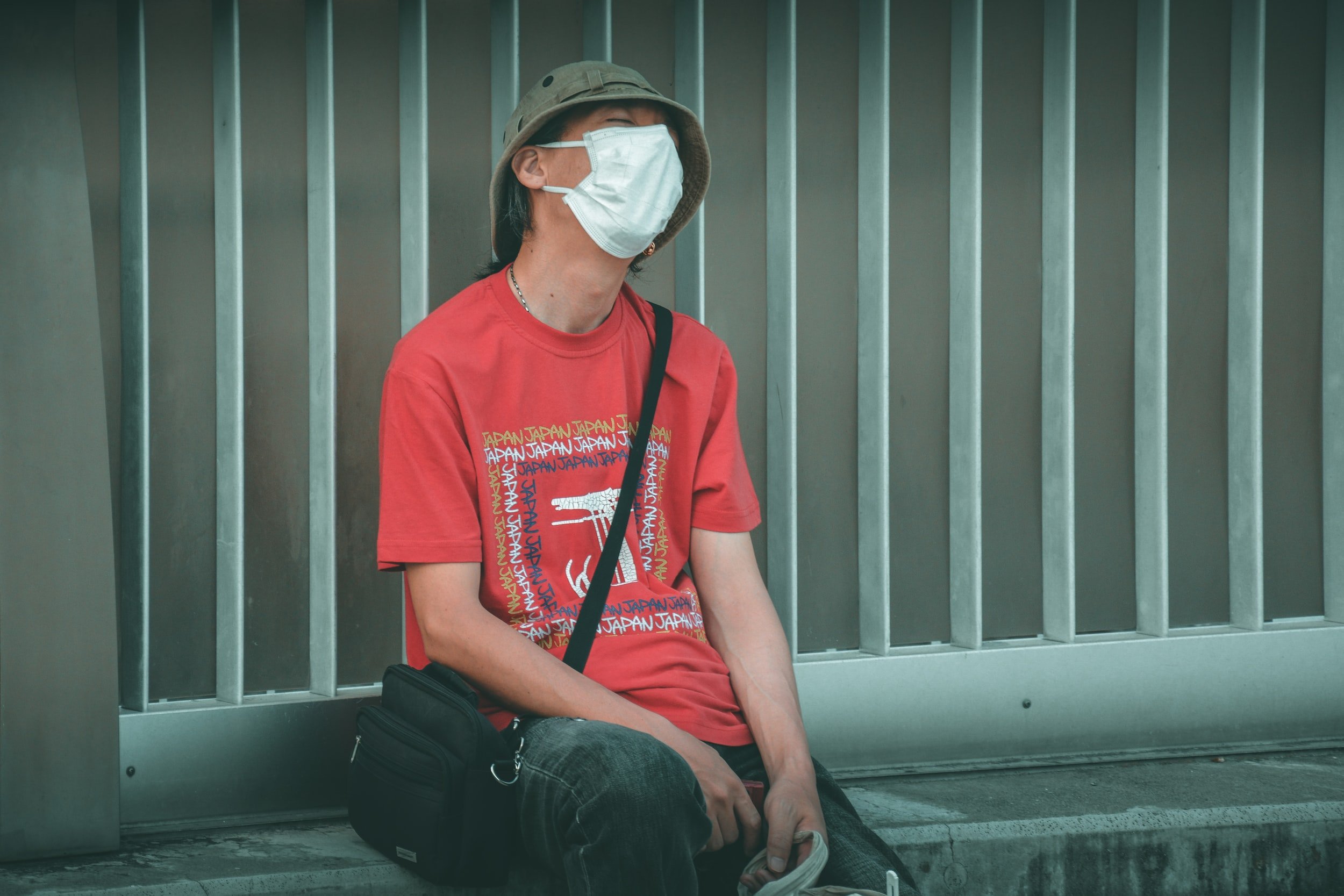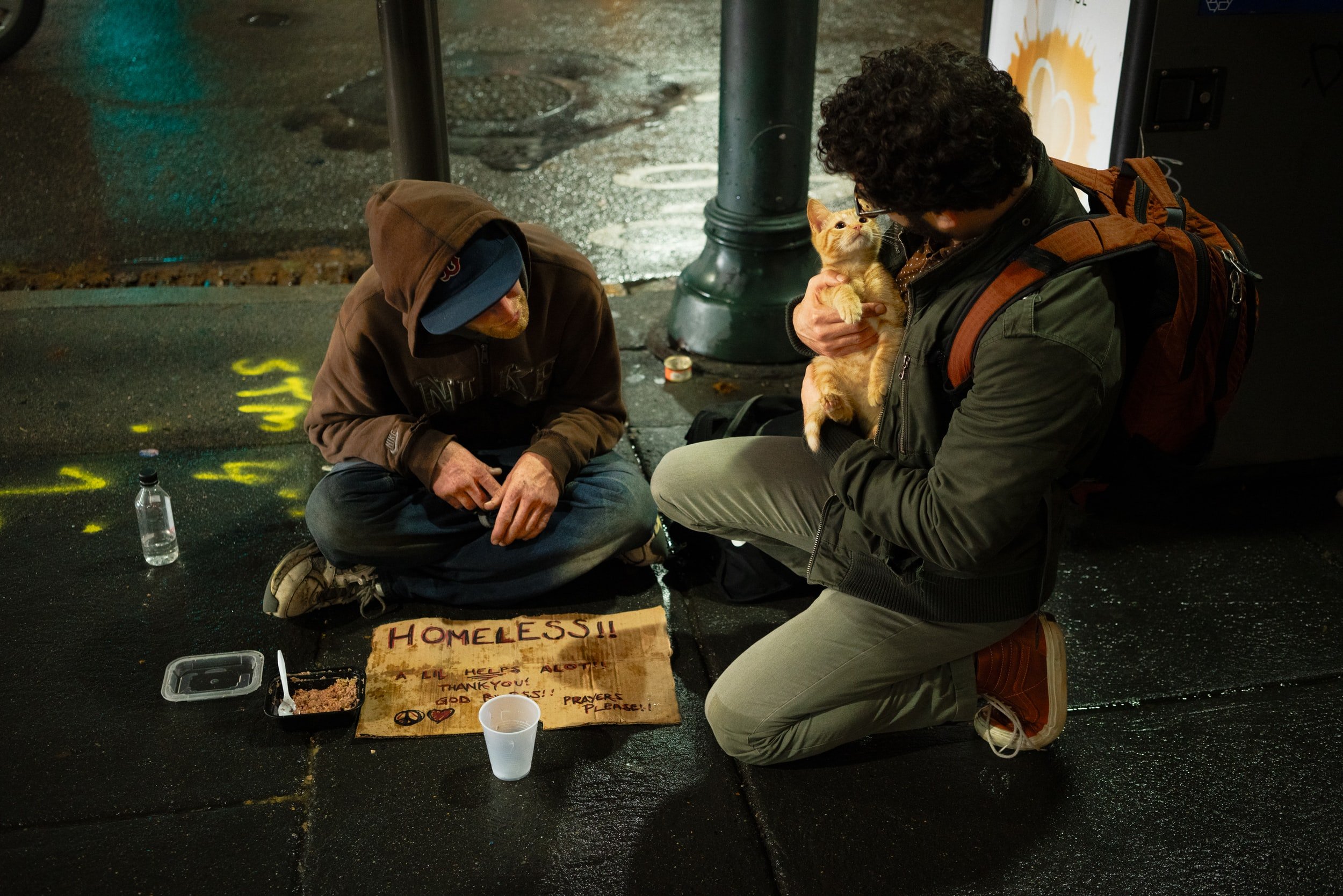Banned Thinking, Banned Books: Implications for Researchers and Academic Writers
by Janet Salmons, Research Community Manager for SAGE Methodspace
Beyond Banned Books Week
As a part of my role as the manager of Methodspace, I invite SAGE authors and innovative researchers from across the world to share their ideas and work in guest posts. In the past year I have tried to include perspectives from some international colleagues, but they were unable to contribute due to governmental restrictions or fear of repercussions. If you are a regular Methodspace reader you are aware of our content about scholarly methods and academic writing - hardly racy or controversial. Yet is is a bridge too far for some academics, so we can’t hear their voices or learn from their experiences.
The impulse to control what others read, learn, and think is not new. (See the open-access archives of the Index on Censorship for examples.) However, Banned Books Week 2022 came at a particularly fraught time and deserves our attention. At Methodspace our attention will last longer than one week!
Someone has to write the book before it can be banned!
While much attention in the United States has focused on recent challenges to curricula, reading assignments and library collections for children, higher education is not immune. Before a scholarly book or article is subject of concern in the classroom, someone had to:
identify an issue, a problem, topic, or phenomenon
decide to research it
develop a design and proposal
attain approval
conduct the study
report findings, insights, or discoveries
propose a book or draft an article, and
get it published
At every stage of this arduous process censorship, restrictions, or fear of reprisal could prevent the problem from being studied, or obstruct the project from moving forward.
Methodspace will explore academic and intellectual freedom and implications for researchers
This year Methodspace will explore five big questions of concern for academic researchers and writers:
Self-censorship: Should I study a potentially sensitive or controversial question or problem of importance to the field or society?
Research Approval: Will the research proposal be approved by the relevant committee, institution, IRB, ethics review, or other oversight entity? Will the article or book proposal be accepted for publication?
Support: Will the project get funded? Will I get help from the development office, graduate assistants, and/or staff support?
Safety: Will researchers be at risk when conducting the study? Will their research put participants or gatekeepers at risk? Will non-tenured or independent scholars without an association with an academic institution face particular risks?
Dissemination and adoption: Will writings on sensitive or controversial topics be accepted for publication in books or articles? Will they be acquired by libraries? Will such publications be adopted or assigned as course readings?
These questions encompass academic and intellectual freedom, but go much deeper. Do academic institutions need to rethink doctoral supervision and review protocols? Do they need to develop ways to protect researchers in the field, whether in-person or online? Do journal editors and book publishers need to reflect on where they stand in terms of publishing important work that might be subject to restrictions or bans?
Methodspace will develop and invite content from researchers, dissertation/research supervisors, academic writers, editors, IRB or ethics review board members, ethicists and other experts who have insights on these issues. We will explore dilemmas and obstacles academic researchers and writers are facing in the United States and around the world. We will focus content on constructive recommendations for review and publication protocols, protection of researchers who study sensitive topics, as well as on successful strategies and advocacy efforts on behalf of academic freedom. If you have something to contribute, use this contact form to get in touch.























For Pride Month 2023, learn respectful ways to study LGBTQ+ people and related issues.